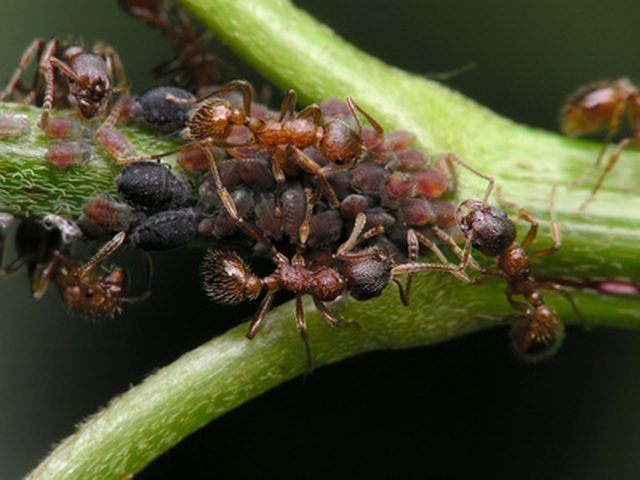Bulbs
Flower Basics
Flower Beds & Specialty Gardens
Flower Garden
Garden Furniture
Garden Gnomes
Garden Seeds
Garden Sheds
Garden Statues
Garden Tools & Supplies
Gardening Basics
Green & Organic
Groundcovers & Vines
Growing Annuals
Growing Basil
Growing Beans
Growing Berries
Growing Blueberries
Growing Cactus
Growing Corn
Growing Cotton
Growing Edibles
Growing Flowers
Growing Garlic
Growing Grapes
Growing Grass
Growing Herbs
Growing Jasmine
Growing Mint
Growing Mushrooms
Orchids
Growing Peanuts
Growing Perennials
Growing Plants
Growing Rosemary
Growing Roses
Growing Strawberries
Growing Sunflowers
Growing Thyme
Growing Tomatoes
Growing Tulips
Growing Vegetables
Herb Basics
Herb Garden
Indoor Growing
Landscaping Basics
Landscaping Patios
Landscaping Plants
Landscaping Shrubs
Landscaping Trees
Landscaping Walks & Pathways
Lawn Basics
Lawn Maintenance
Lawn Mowers
Lawn Ornaments
Lawn Planting
Lawn Tools
Outdoor Growing
Overall Landscape Planning
Pests, Weeds & Problems
Plant Basics
Rock Garden
Rose Garden
Shrubs
Soil
Specialty Gardens
Trees
Vegetable Garden
Yard Maintenance
How to Keep Ants Away From Citrus Trees
How to Keep Ants Away From Citrus Trees. Ants can become a nuisance when they become attracted to the sweet fruit that fall from citrus trees. Mid-summer to fall ushers in an explosion in the ant population, according to the University of California. During this time, generally three types of ants--the southern fire ant, gray ant and Argentine...

Ants can become a nuisance when they become attracted to the sweet fruit that fall from citrus trees. Mid-summer to fall ushers in an explosion in the ant population, according to the University of California. During this time, generally three types of ants--the southern fire ant, gray ant and Argentine ant--infest citrus trees. Not only are ants attracted to the fruit, they feed off of the honeydew that is secreted from other pests such as aphids. Aphids suck out the nutrients in leaves to digest the nitrogen, according to Robert Brudenell from the Denver Post. Their excrement consists of sugar from the plant and is deposited on leaves. Ants are attracted to the honeydew; therefore, they cover the trees foraging for the aphids' residue. that serves as ant food. By taking some ant control measures, you can help keep ants and their pest friends away from your citrus trees and restore the health of the trees.
Things You'll Need
Pruning saw
Sticky material
Ant baits
Insecticide
Garbage bag
Prune off any branches that are within 12 to 30 inches from the ground. Use a pruning pole to cut next to the branch collar or swelling that attaches the branch to the trunk. Cut in a downward 45-degree angle.
Apply sticky material that contains polybutenes and is not oil-based, because the oil will cause harm to the tree. Reapply according to the directions, but generally the sticky material will last from two to 10 months.
Water away from the trunk. Prevent water from pooling underneath the trunk by building a circular mound around the trunk area with dirt.
Set ant baits around the citrus tree. Ant baits contain food that is laced with poison that the ant brings back to the colony. Expect to have to wait several weeks to see a reduction in ants. Determine what type of bait to use by looking at the ants. Fire ants prefer protein, while gray and black ants like sugar. Allow the type of ant that is infesting your tree determine what type of bait to use.
Spray a broad-spectrum chlorpyrifos insecticide at the base of the tree to kill off the worker ants. Reapply the spray according to the directions.
Tips & Warnings
Clean up from under the tree any fallen citrus fruit that may attract more ants.
Keep garbage cans away from citrus trees, because they can attract ants to the trees.